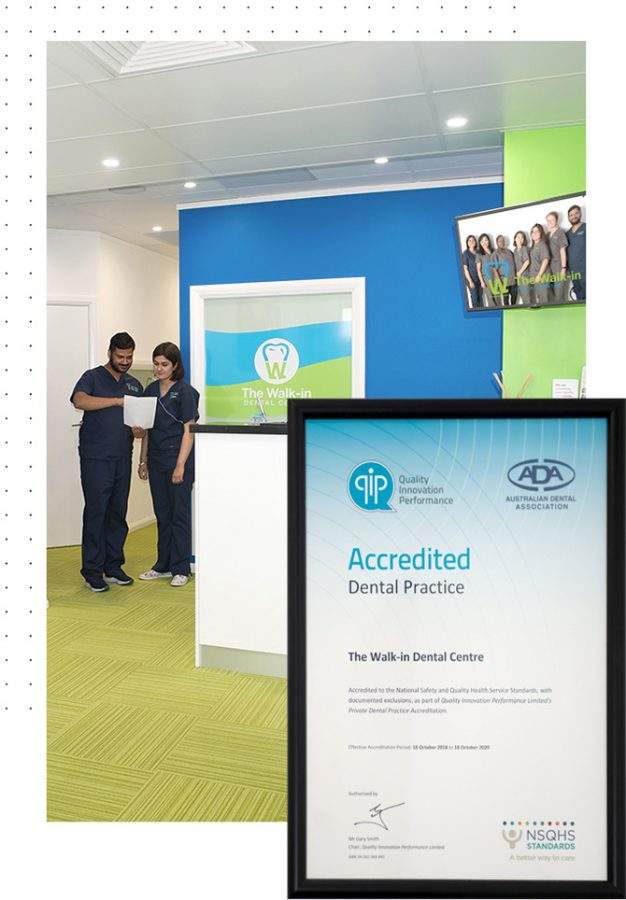The link between oral health and overall well-being is a crucial aspect of maintaining a healthy lifestyle. Here’s what you need to know about this important connection:
- Oral Health and Systemic Health: Research has shown a strong correlation between poor oral health and various systemic health conditions such as cardiovascular disease, diabetes, respiratory infections, and adverse pregnancy outcomes. Bacteria and inflammation in the mouth can travel through the bloodstream and affect other parts of the body, contributing to these health issues.
- Gum Disease and Health Risks: Gum disease, also known as periodontal disease, is a common oral health problem characterized by inflammation and infection of the gums and surrounding tissues. Untreated gum disease has been linked to an increased risk of heart disease, stroke, diabetes, and respiratory infections.
- Chronic Inflammation: Chronic inflammation in the mouth due to gum disease or poor oral hygiene can trigger systemic inflammation throughout the body. This chronic inflammation is believed to play a role in the development and progression of various chronic diseases.
- Impact on Digestive Health: The health of the mouth and teeth can affect digestive health. Chewing is the first step in the digestive process, and problems with teeth or oral tissues can impair chewing efficiency, leading to digestive issues such as poor nutrient absorption and gastrointestinal discomfort.
- Nutritional Considerations: Maintaining proper oral health is essential for proper nutrition. Tooth decay and gum disease can make it difficult to eat a balanced diet, as individuals may experience pain or discomfort while chewing certain foods. Additionally, poor oral health can lead to malnutrition if it interferes with the ability to eat a variety of foods.
- Psychological and Social Impact: Oral health can also have a significant impact on psychological well-being and quality of life. Dental problems such as tooth loss, bad breath, and aesthetic concerns can affect self-esteem, social interactions, and overall mental health.
- Preventive Measures: Practicing good oral hygiene habits, including brushing and flossing regularly, visiting the dentist for routine check-ups and cleanings, and avoiding tobacco use, can help maintain oral health and reduce the risk of associated systemic health problems.
- Holistic Approach to Health: Recognizing the interconnectedness of oral health and overall well-being underscores the importance of taking a holistic approach to health care. Addressing oral health as part of a comprehensive wellness strategy can contribute to better overall health outcomes.
In conclusion, maintaining good oral health is essential not only for a healthy mouth but also for overall well-being. By understanding the link between oral health and systemic health, individuals can take proactive steps to prioritize their oral hygiene and reduce the risk of associated health problems.


